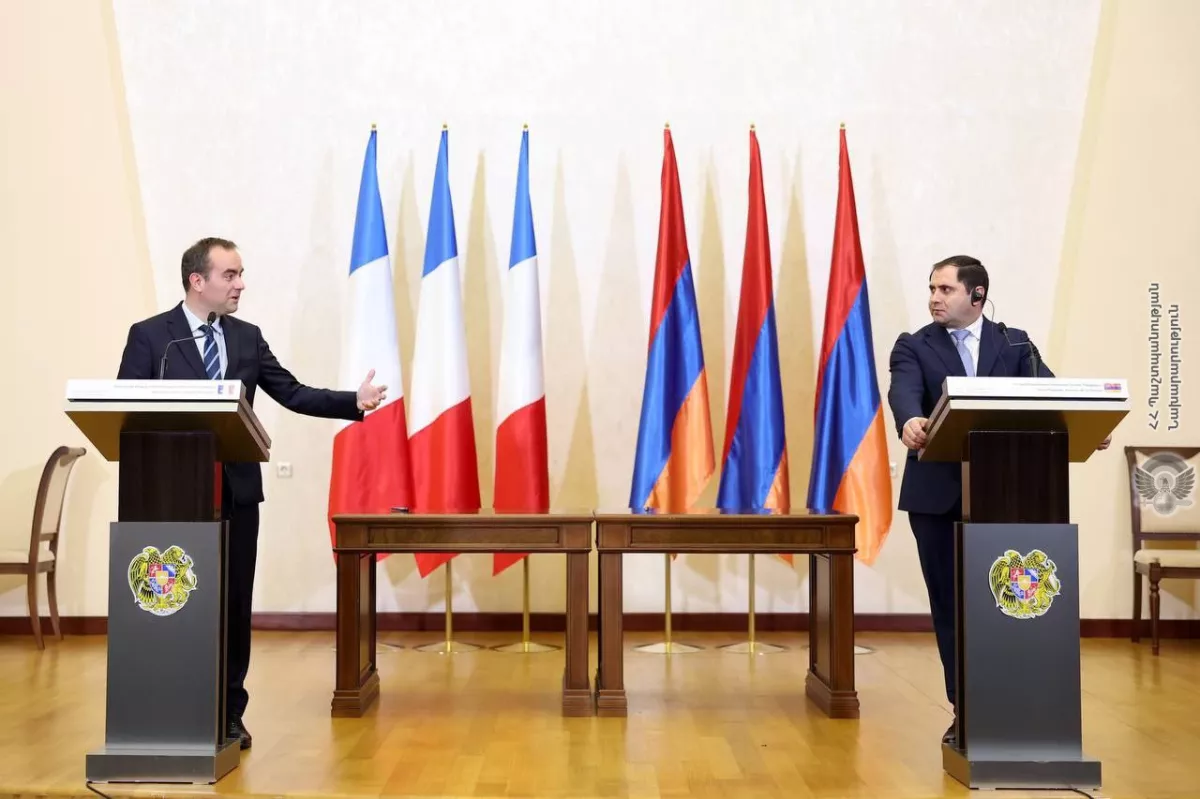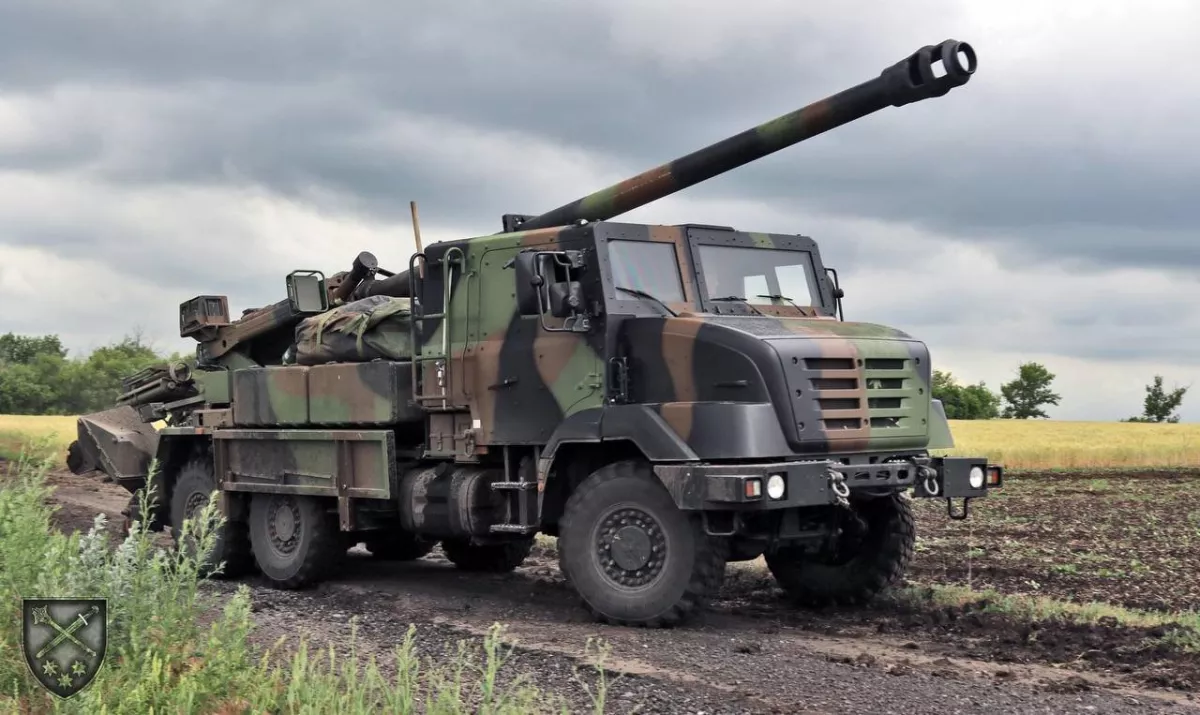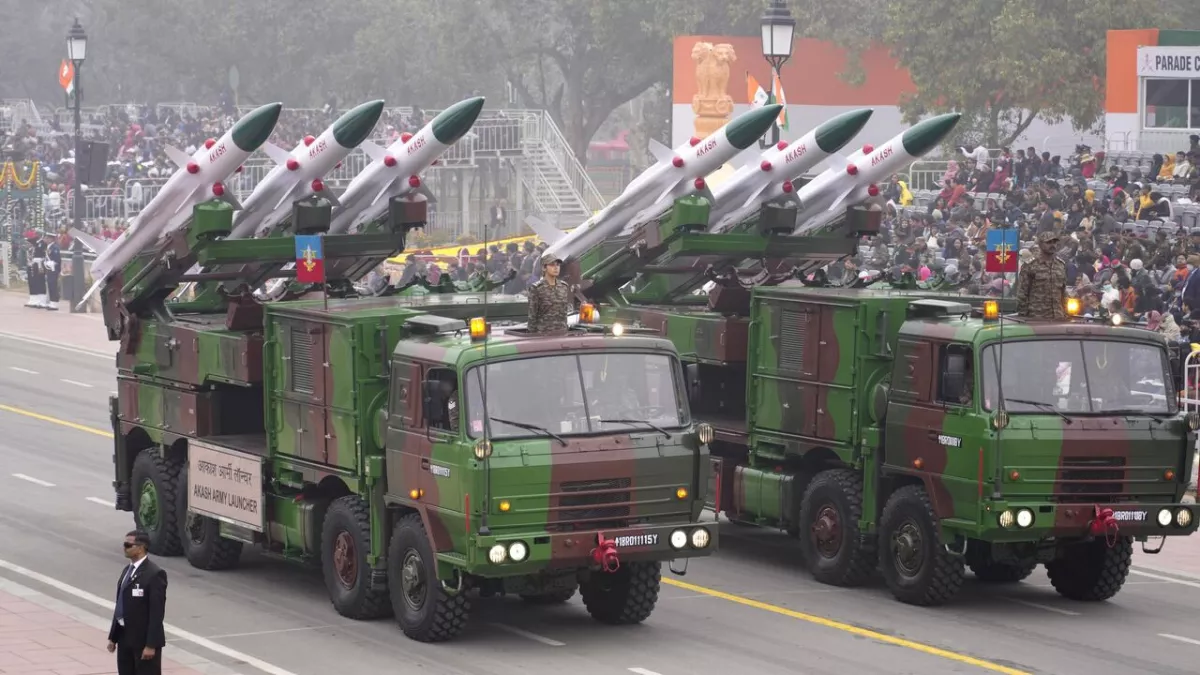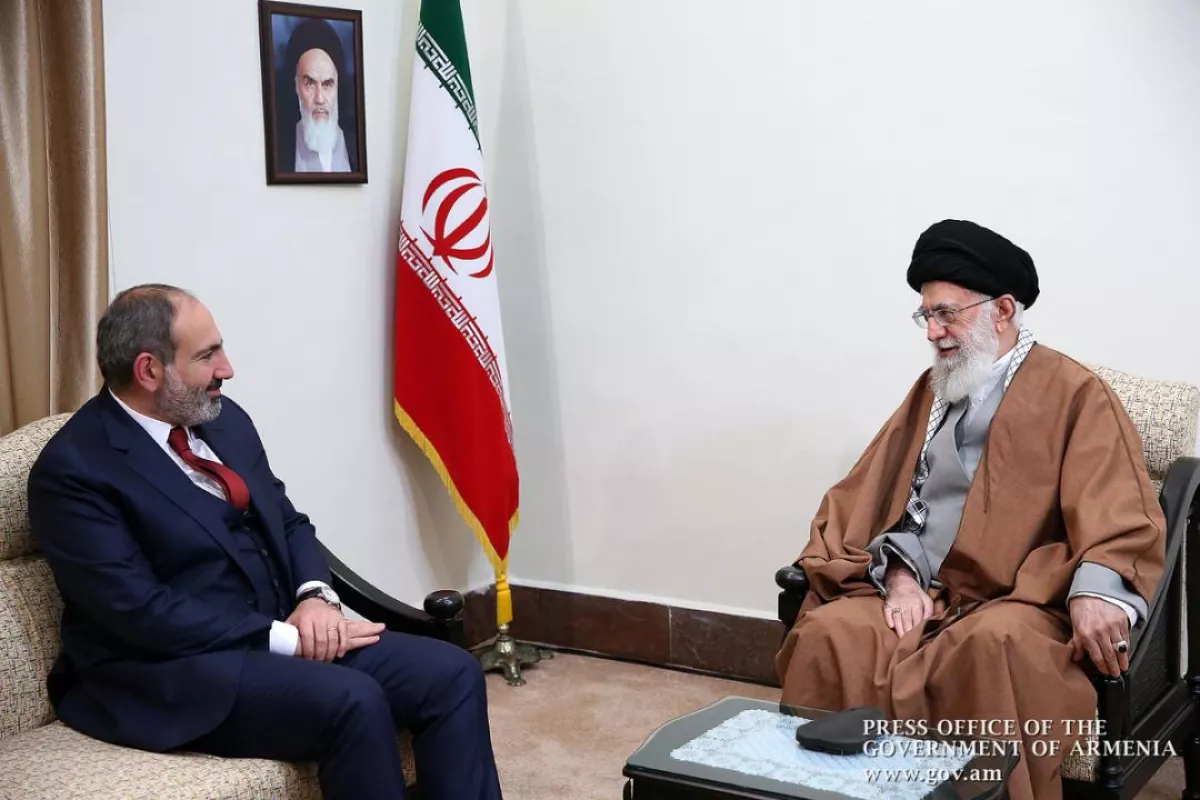Why Armenia is being rapidly rearmed amid rising tensions in South Caucasus Hidden agenda of the West
The geopolitical landscape in the South Caucasus is increasingly fraught with tension, as recent developments indicate a hasty rearmament of Armenia by the United States, the European Union, and France. The rapid pace at which these Western powers supply military aid to Yerevan raises critical questions about their motives and the potential for a new regional conflict. The situation underscores the complex interplay of international interests, where Armenia appears to be a pawn in a larger geopolitical game aimed at countering Russian and Azerbaijani influence in the region.
Stalled peace process: A prelude to conflict?
The peace process in the South Caucasus has hit a deadlock, with negotiations between Armenia and Azerbaijan grinding to a near halt. This stagnation, if left unchecked, threatens to unravel the fragile stability in the region. The current impasse could give rise to new, more severe issues, and many observers fear that these unresolved tensions might eventually lead to a full-blown conflict. The prospect of renewed hostilities is a growing concern, especially given the recent surge in military activities and the West’s increased involvement in Armenia.

Western powers, particularly the United States, the European Union, and France, bear significant responsibility for the deterioration of the peace process. While these international actors publicly advocate for peace talks between Azerbaijan and Armenia, their actions suggest a different agenda. Their unequivocally pro-Armenian stance and international support for Yerevan’s narratives indicate a manipulation of the peace process for broader geopolitical gains.
Armenia as a geopolitical tool
The strategic interests of the West in the South Caucasus cannot be overlooked. Armenia is being utilized as a geopolitical tool to counterbalance Russian and Azerbaijani influence in the region. Western political circles seem to be guiding Yerevan away from meaningful peace negotiations with Azerbaijan, effectively positioning Armenia as a destabilizing force rather than a participant in peace-building efforts. This strategy not only undermines the peace process but also sets the stage for a potential escalation of violence in the region.
The European Union’s recent decision to allocate military aid to Armenia from the European Peace Facility is a clear indication of its intentions. Moreover, the civilian monitoring mission of the EU in Armenia, which is ostensibly focused on ensuring stability, is reportedly engaging in activities that extend beyond its official mandate. This mission, largely composed of military intelligence officers, is allegedly gathering information on Azerbaijan, Türkiye, Russia, and Iran, while also downplaying Armenia’s border provocations against Azerbaijan on the international stage.
France’s role in disrupting regional stability
France, one of Armenia’s most vocal international supporters, plays a pivotal role in disrupting peace and stability in the South Caucasus. Paris has taken it upon itself to arm Armenia with the latest military equipment, assuming a significant portion of the responsibility for bolstering the Armenian military. This aggressive stance by France is not merely about defense; it is about empowering Armenia to pursue revanchist ambitions, potentially sparking a new wave of conflict in the region.

The supply of arms and military equipment to Armenia by France serves as a signal to Yerevan that it has the backing of a major Western power in any future confrontation. This emboldening of Armenia is a dangerous development, as it may encourage the Armenian leadership to abandon diplomatic efforts in favor of military solutions to its disputes with Azerbaijan.
The US double game
Despite official rhetoric from the White House emphasizing support for peace and stability in the South Caucasus, the actions of the United States tell a different story. Much like the European Union and France, the US appears to be one of the primary sponsors of a potential new war in the region. The recent increase in joint military exercises between the US and Armenian forces is a clear indication of this shift. These exercises, coupled with the accelerated military training of Armenian troops by the US, suggest that Washington is preparing Yerevan for an imminent conflict.
Moreover, there is compelling evidence that the United States has been covertly supplying modern military equipment to Armenia. Reports of an illegal US military base established in Armenia have further fueled speculation about Washington’s true intentions. According to various sources, the Pentagon has deployed a contingent of American servicemen of Armenian descent to a military base in the Zangazur region, near the borders of Azerbaijan and Iran. These soldiers, dressed in Armenian military uniforms, are stationed in a strategic location that could serve as a launchpad for future military operations.

The existence of this base, however, has been consistently denied by US embassies in both Armenia and Azerbaijan. American diplomats have dismissed the allegations as disinformation, yet the photographic evidence and reports of military movements tell a different story. The presence of a US military contingent in Armenia is a significant development that contradicts the official narrative of peace promotion.
Iran’s red lines & the West’s strategic calculations
The involvement of Western powers in rearming Armenia has not gone unnoticed by Iran, which has traditionally viewed the South Caucasus as within its sphere of influence. The transportation of military equipment to Armenia over Iranian airspace, despite Tehran’s stated "red lines," suggests a complex and delicate geopolitical balancing act. Iran’s reluctance to confront the West directly over this issue highlights the intricate dynamics at play in the region.

However, the West’s haste in rearming Armenia raises the possibility that Yerevan may soon be instructed to initiate hostilities. The acceleration of military aid, coupled with the geopolitical interests of the US, the EU, and France, points to a coordinated effort to destabilize the region. The West’s strategic calculations seem to involve using Armenia as a proxy to achieve broader objectives, including curbing Russian influence and exerting pressure on Azerbaijan.
Conclusion
A precarious future for the South Caucasus The rapid rearmament of Armenia by Western powers is a troubling development that threatens to reignite conflict in the South Caucasus. The peace process, already on shaky ground, is being further undermined by the geopolitical ambitions of the US, the EU, and France. These powers are not merely passive observers but active participants in a strategy that could lead to a new war in the region.
As Armenia becomes increasingly militarized, the risk of a new conflict grows. The West’s support for Yerevan, both overt and covert, signals a shift away from diplomacy and towards a more confrontational approach. For the South Caucasus, this could mean a return to the dark days of war, with all the attendant human and economic costs. Armenia and its patrons must recognize the dangers of this course and work to prevent a slide into renewed hostilities. The future of the region depends on a recommitment to genuine peace efforts, rather than the pursuit of narrow geopolitical interests at the expense of stability and security.








